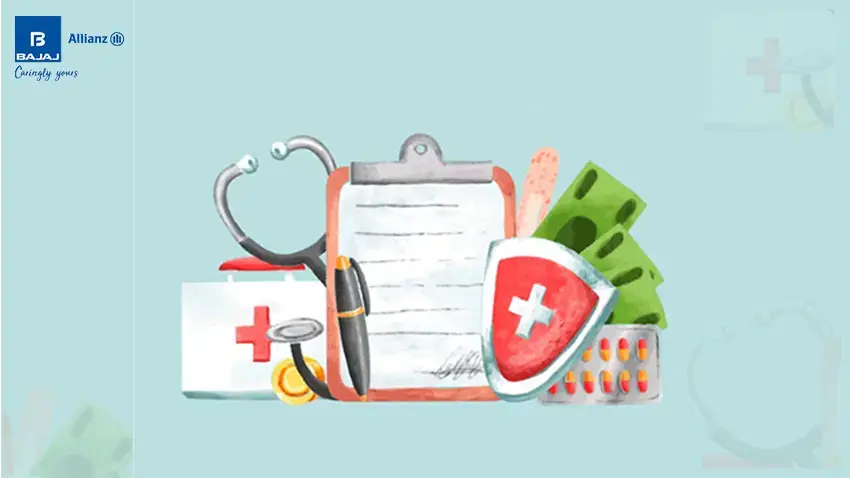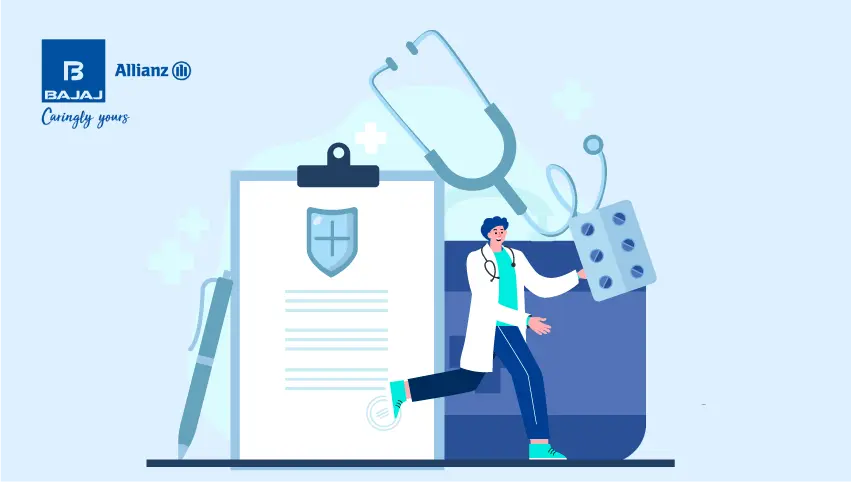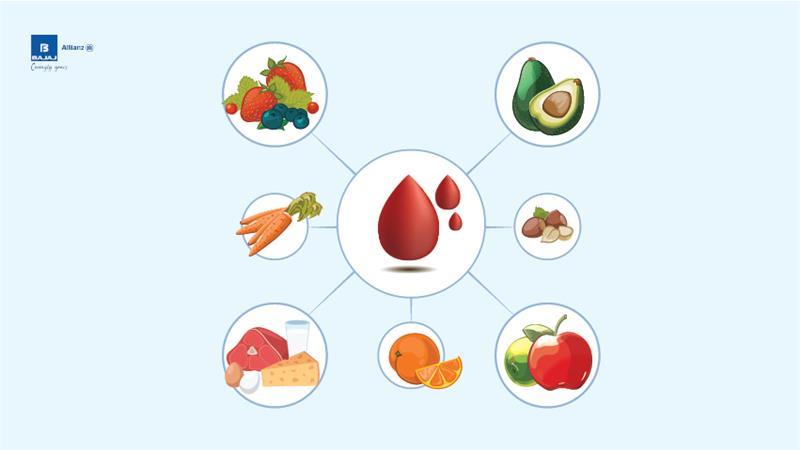Claim Health Insurance Tax Benefits Under Section 80D: A Comprehensive Guide

A medical emergency can happen suddenly and without warning. Not only does it affect everyone mentally, but also economically. It is not a good idea to cover the cost of treatment with savings alone. The coverage is important. Health Insurance Hospitalisation is not the only benefit. In India, Section 80D allows you to deduct the premiums that you paid for yourself, your family, and your parents. This is a very important provision, which encourages people to get medical insurance while also offering tax advantages. To maximize benefits and to avoid discrepancies it is important to know the dos and donts when claiming benefits from health plans under Section 80D. We will examine the key guidelines for claiming insurance benefits in this article.
Section 80D Dos and Don’ts
Then, Section 80D : Deductions for It is important to keep in mind certain things when claiming tax deductions. Tax deductions have both dos, and don’ts.
Do’s:
How to Determine Eligibility Check if you qualify for deductions under Section 80D. This provision allows for deductions on premiums paid for medical insurance policies that you, your spouse, dependent children and parents are covered by. Verify eligibility criteria according to your family relationships, and make sure you comply with the rules. Do Maintain Proper Documentation Keep all documents relevant, such as policy documents, receipts for premium payments, and certificates of medical insurance. These documents are proof of premiums paid, and they’re necessary for filing tax returns or when tax authorities want to check your records. Store them in a place that is easily accessible and safe. Understanding Deduction Limits Understanding the Section 80D deduction limits is important. In 2023, individuals under 60 years old will be able to deduct Rs25,000 from their income for themselves, their spouse and children. They can also add Rs25,000 more for parents. (Rs50,000 for senior citizens). The maximum deduction is Rs 1 Lakh if you and your parents both qualify as senior citizens. Keep up to date with the latest income tax deduction limits. ** Make a distinction between family members Make sure you clearly distinguish between the family members that you will be claiming deductions for. Assign the correct amount of premiums paid to each member of your family. This will help to avoid confusion and ensure accurate calculations for tax returns. Do Declare Correct Information When claiming, provide accurate and truthful details Tax Benefit on Health Insurance . Declarate the amounts of premiums paid, and the names or family members to whom they were paid. False information and misrepresentation may lead to penalties or legal consequences. Understanding Exclusions Understanding the limitations and exclusions of your insurance policy is important. Section 80D does not allow deductions for all medical costs. In general, expenses related to cosmetic treatments and non-allopathic treatment, as well as preventive health checks, are not eligible for deductions. To avoid claiming unreliable expenses, familiarize yourself with your policy’s terms and conditions. *
Don’ts:
Do not claim for uninsured family members You cannot claim a deduction for a family member who does not have health coverage. Only premiums for health insurance policies are eligible for Section 80D deductions. You cannot claim a deduction for medical expenses if a member of your family does not have insurance. This could be considered fraud and result in legal action. Don’t Delay Premium Payments Pay your premiums on time. Premiums must be paid in the financial year to qualify for Section 80D deductions. Tax benefits may be lost if premiums are not paid on time or if they are late. Do not miss the deadline for filing your tax return Tax filing deadlines are important. Make sure you meet them. Penalties and interest may be charged for late filing. To avoid complications, stay informed of the deadlines for filing your tax returns. Do not overstate deductions When claiming deductions in Section 80D, do not exaggerate or overstate the amount of premiums paid. It is also illegal to claim deductions on premiums not paid, or to exceed the maximum deduction limits. These actions may attract penalties or even lead to legal consequences. Don’t ignore changes in tax regulations Keep up to date with changes in tax regulations, including provisions relating to medical insurance deductions. Tax laws and limits on deductions may change from time to time. Update your deductions to conform with any changes or amendments.
Conclusion
Claim medical insurance benefits as part of Section 80D to reduce your taxes and protect yourself and your family. Following the above do’s and dont’s will help you maximize your deductions while maintaining compliance with tax laws and avoiding any penalties or legal issues. You can use this tool to help you purchase a policy to take advantage of the tax benefits. Calculator for health insurance premiums. This quote is based on what you need and gives you a rough idea of the cost.




